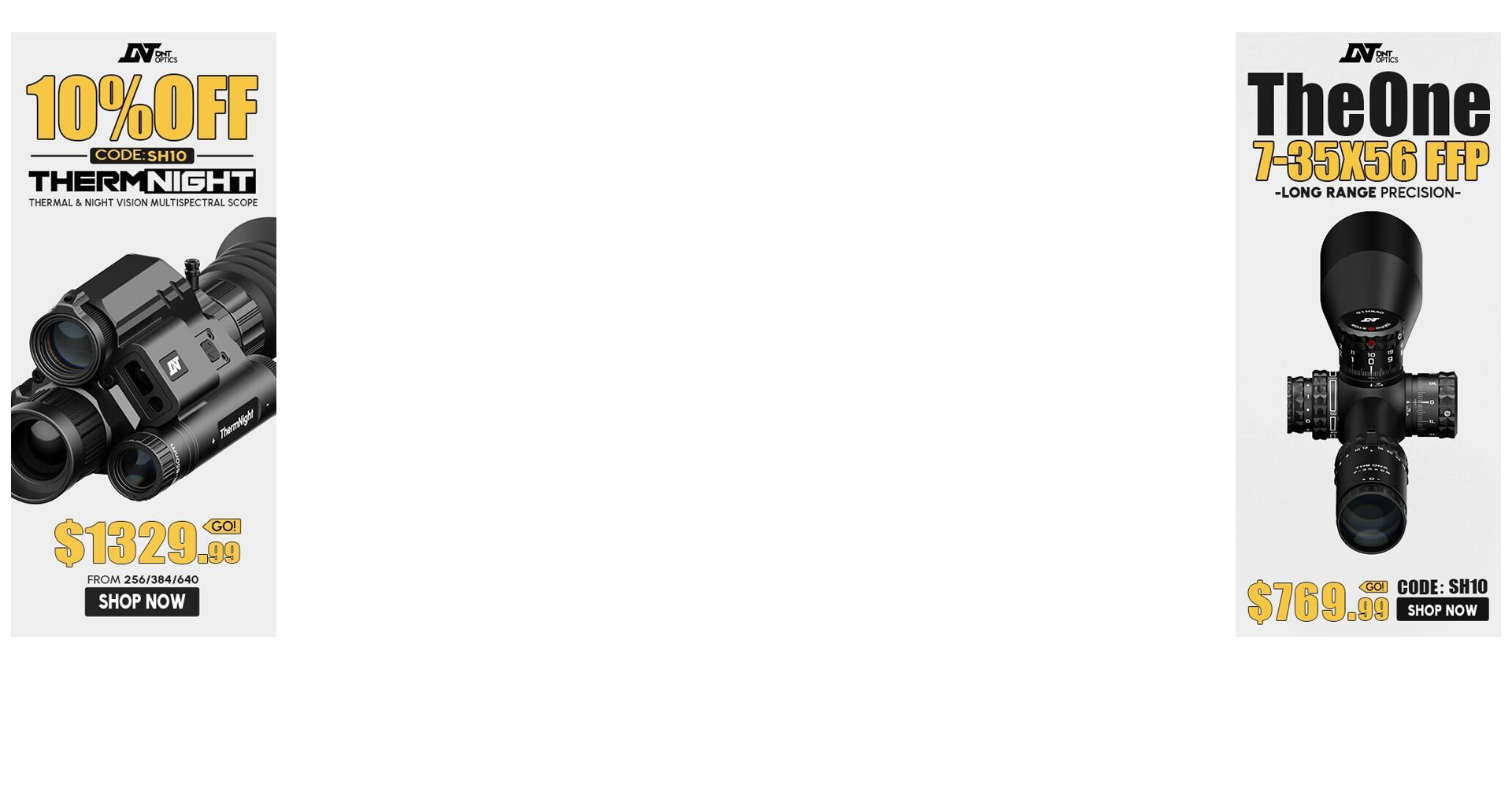Ok, don't think I am crazy but at some point the ATF will approve my suppressors and since I reload, I had a question...
Are certain powders "quieter" than others? What i mean is whether or not certain powders, depending on their composition, burn rate, etc. are actually quieter given the same velocity?
I know that I can load subsonics, but I am really getting at if, there is a difference in powders with full power loads?
For example, I currently load H335 in my .223, if change to a comparable powder, say TAC, given the same velocity, will there be a difference in sound output? I know that for the same velocity, i get more flash (visually) with H335 versus Varget.
A few dB could make a real difference. However, if I am way off and this is a bogus topic, I will delete and move on.
LD
Are certain powders "quieter" than others? What i mean is whether or not certain powders, depending on their composition, burn rate, etc. are actually quieter given the same velocity?
I know that I can load subsonics, but I am really getting at if, there is a difference in powders with full power loads?
For example, I currently load H335 in my .223, if change to a comparable powder, say TAC, given the same velocity, will there be a difference in sound output? I know that for the same velocity, i get more flash (visually) with H335 versus Varget.
A few dB could make a real difference. However, if I am way off and this is a bogus topic, I will delete and move on.
LD

